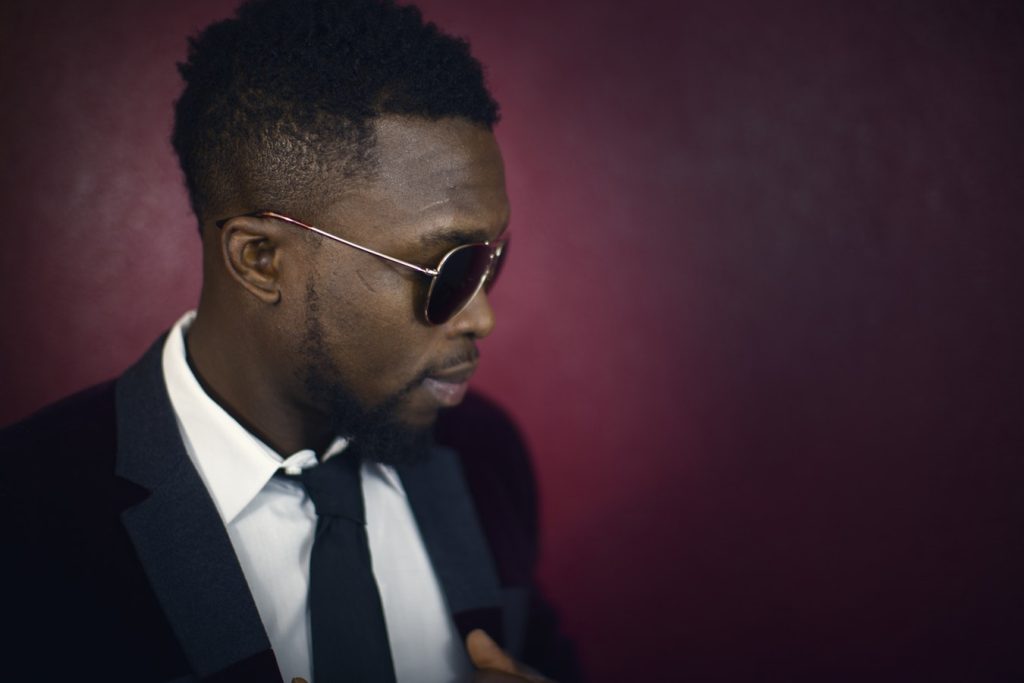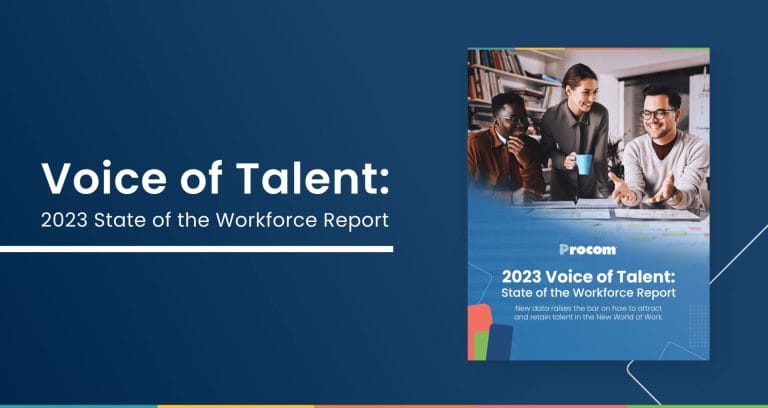Thirty-three per cent of hiring managers admit to mentally dismissing candidates within the first 90 seconds of meeting them, and their decision isn’t dependent on experience or qualifications.
A resume is a job seeker’s professional first impression; however, how candidates present themselves during the initial in-person interview affects their chances of getting a second one – and 55 per cent will be dismissed during that first minute and a half because of how they dress, act and walk through the door. Professional attire and how you present yourself can set you apart from others in the interview process.
Furthermore, 65 per cent of hiring managers specify that the choice of interview outfit could be a deciding factor between two almost identical candidates.
Before you choose an outfit for your next job interview, here’s what you need to know about how to dress for a job interview to present a professional image.
How to dress for a job interview: Interview attire do’s and dont’s
Hair
It’s tempting to view an interview as a very formal occasion, and it is an important event; however, when it comes to your hair, fancy up-do’s are interview don’ts. “You don’t want to overdo it”, advises Christa Mancino, an Account Manager with Procom. “You should avoid things like getting blow outs or wedding-type up do’s before your meeting. You don’t want to have your hair look like something you didn’t or couldn’t do yourself, or this can cause the interviewer to become skeptical of your actual capabilities.”
Your locks shouldn’t be a distraction, but they should be clean, brushed, frizz free and combed away from your face or tied back in a simple style. If you’re a fan of keeping it short and sweet, ensure that your hair is brushed and styled with minimum gel.
Makeup
Your face definitely paints a picture of what you present to the world, but leave the heavy strokes for after-hours. “You should wear the makeup, not let the makeup wear you. Meaning, if it’s very noticeable, it’s too bold,” says Valerie Anderson-Migliore, a Technical Recruiter with Procom.
Your tones and colours should be as neutral and natural as possible, so be subtle and fresh-faced with low-key applying. You want to feel like your most confident self, but it’s always good to keep in mind a professional environment.
Any nail polish should be neatly applied without noticeable chips, and ideally, be of a neutral tone.
Clothes
Seventy per cent of hiring managers admit to dismissing candidates for being too trendy.
First things first – are you interviewing at a start-up or at a corporate company? The type of business you’re applying to will directly influence how you approach dressing appropriately. Depending on the environment, your outfit should fall somewhere between casual dress and business formal.
While you might not be able to learn much about the company’s dress code, pre-interview research will reveal insights into the company’s corporate culture. If you can get a sense of how current employees dress, you will have an easier time making your own wardrobe choices.
For a corporate setting, where expectations often lean toward business professional, formal attire is usually the safest bet. That means a business suit, button down shirt, professional dress, and closed toe shoes or other professional shoes that complete a polished look.
In contrast, if you’re interviewing at a start-up with a laid-back culture, more formal attire may not be necessary. Instead, clean, well-fitting casual dress items can signal both competence and cultural fit.
When in doubt, always aim to look put together. You can’t go wrong when you dress slightly more professionally than other potential candidates. Consider adding a blazer to a business casual outfit; it’s a look that will never go out of style.
Ladies,
Always focus your fashion on the conservative side. Proper attire means dressing professionally – devoid of any spaghetti straps, low cleavage, tight dresses or short skirts. Anything too revealing will be an immediate put off. You want to be conservative and work appropriate.
A common consensus is that a suit and tie is your best corporate environment bet, and business casual attire will carry you through a start-up interview. Always ensure your dress shirts and dress pants are wrinkle and stain free and are tucked in upon arrival.
If your pants or skirt have belt loops, make sure you’re wearing a belt that matches your shoes.
Accessories
When it comes to jewelry, less is more; because just like make up, accessories should enhance and not overwhelm. Stay away from dangling or big hooped earrings, chunky rings, and avoid arms full of bracelets — anything that can distract or make clanking noises when they touch.
A tie can speak to your personality but it can also be a distraction. “Love a bold tie for other days, but for interviewing, you don’t need the distraction,” says Marnie Pertsinidis, an Account Manager at Procom. “Also, everyone has a different idea of bold, so best to err on the side of conservative.” When you’re heading out the door, double check that you aren’t sporting any stains or wrinkles and that your shirt is properly tucked in.
Shoes
Ladies
Here’s a rule of thumb, when it comes to interviews: An open toe is a no-go, and stilettos are best left in the closet. Valerie advises, “Scuffed, shabby shoes and too high heels are always a turn off. Also ladies, if your heels lose their rubber tip, visit the shoe repair!”
Gentlemen
Ensure your dress shoes match what you’re wearing and you don’t have any notable scuffs, stains or mud/dirt on them.
If you sport facial hair, make sure it is well kept.
When dressing to impress, it’s important to also use common sense and gear your appearance towards the job itself and the industry. For instance, if you’re looking for a job in fashion, there are fashion norms that are more acceptable than if you’re applying to a role in the finance industry.
Making a Lasting Impression with the Right Support
Ultimately, the way you dress says more than just “I want this job.” It signals your understanding of the company’s culture, the workplace environment, and your respect for the interview process. Your appearance should match the tone of the interview—whether that’s a high-rise downtown or a Zoom call from your living room for an online interview.
Small details make a big impression on a prospective employer—especially when the average employee is expected to reflect the company’s environment and values. Your outfit is part of your story. It should show that you’ve done your research and that you’re ready to bring your best self into a new opportunity.
If you’ve walked every aisle at career fairs and followed every lead through your professional networking connections—only to hit dead ends or mismatches—you’re not alone. Today’s job market is noisy, opaque, and often exhausting to navigate solo.
At Procom, we can help you find opportunities that reflect your skills, your goals, and the kind of environment where you’ll actually thrive. When your search starts feeling like a full-time job, it’s time to let a professional partner help carry the load.





